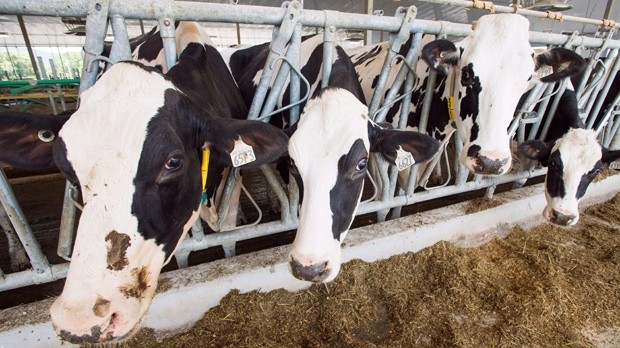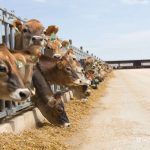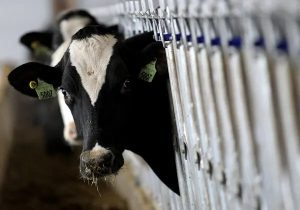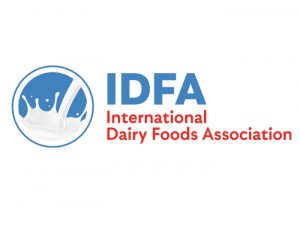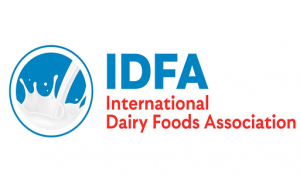
The U.S. Dairy Export Council (USDEC), National Milk Producers Federation (NMPF) and International Dairy Foods Association (IDFA) issued joint comments on Monday in regard to Canada’s Phase II consultations on its Comprehensive Review of the Allocation and Administration of Tariff Rate Quotas for Dairy, Poultry and Egg Products. The three organizations, which have repeatedly expressed concerns about Canada’s failure to align its tariff rate quota (TRQ) conditions with its commitments in the United States-Mexico-Canada Agreement (USMCA), said they are united in their insistence that Canada must dramatically reform its policies regarding the administration and allocation of its TRQs.
“USMCA negotiations resulted in clear new access for the United States dairy industry,” said Krysta Harden, president and CEO of Arlington, Va.-based USDEC. “In contrast with virtually all other sectors of the U.S.-Canadian economies, the level of dairy access is tightly prescribed by the agreement. That makes it all the more important that our industry can benefit from the full value of those dairy commitments.
“Canada needs to stop manipulating its dairy TRQs; its actions have not only negatively impacted U.S. dairy farmers and manufacturers, but also constrained many Canadian companies from being able to make use of these new TRQs to expand their supply options,” she added. “USMCA lays out clear requirements on TRQ procedures, and we urge the U.S. government to ensure full compliance by Canada with those commitments.”
USDEC, NMPF and IDFA said they have been monitoring Canada’s dairy actions, particularly its USMCA commitments. The three organizations have reiterated the importance of compliance with and enforcement of the agreement, especially in relation to Canadian TRQ administration and allocation, as well as USMCA’s dairy pricing program reform commitments. These joint comments elaborate on those TRQ compliance concerns, outlining the fact that the U.S. dairy industry insists on realizing the full benefit of the USMCA market access Canada committed to provide.
Among the priorities noted in the joint comments are the importance of ensuring that TRQs be made available without discrimination to all actors in Canada’s full dairy supply chain — including distributors, retailers, foodservice outlets, processors, etc. USDEC, NMPF and IDFA each filed detailed comments outlining these and other concerns with the Office of the U.S. Trade Representative (USTR) and USDA, and said they continue to support the administration’s work to hold Canada accountable under its ongoing USMCA consultations.
“For too long, prices received by U.S. dairy farmers have been undermined by Canadian dairy policies,” said Jim Mulhern, president and CEO of Arlington, Va.-based NMPF. “USMCA commitments provided for a controlled expansion of access for U.S. exports to finally crack open the door to Canada’s market a bit further. It’s time for Canada to stop playing games and address concerns related to the administration of its TRQs.
“Canada is failing to meet its trade obligations by manipulating import license procedures and minimizing the ability of U.S. dairy farmers to have full access to the benefits of USMCA,” he continued. “That needs to stop, and we look forward to working with the Biden administration to ensure it does.”
In 2020, the United States exported almost $676 million in dairy products to Canada, well short of the gains estimated to occur under USMCA by the USTR in its 2019 report, the organizations said.
“We are pleased to partner with our colleagues to present a united front to Canada that emphasizes the U.S. dairy industry’s continued request for Canada to honor its USMCA commitments,” stated Michael Dykes, president and CEO of IDFA. “We continue to ask our U.S. government colleagues to hold Canada accountable to honor its USMCA commitments and to align its TRQ policies with its international obligations.”
